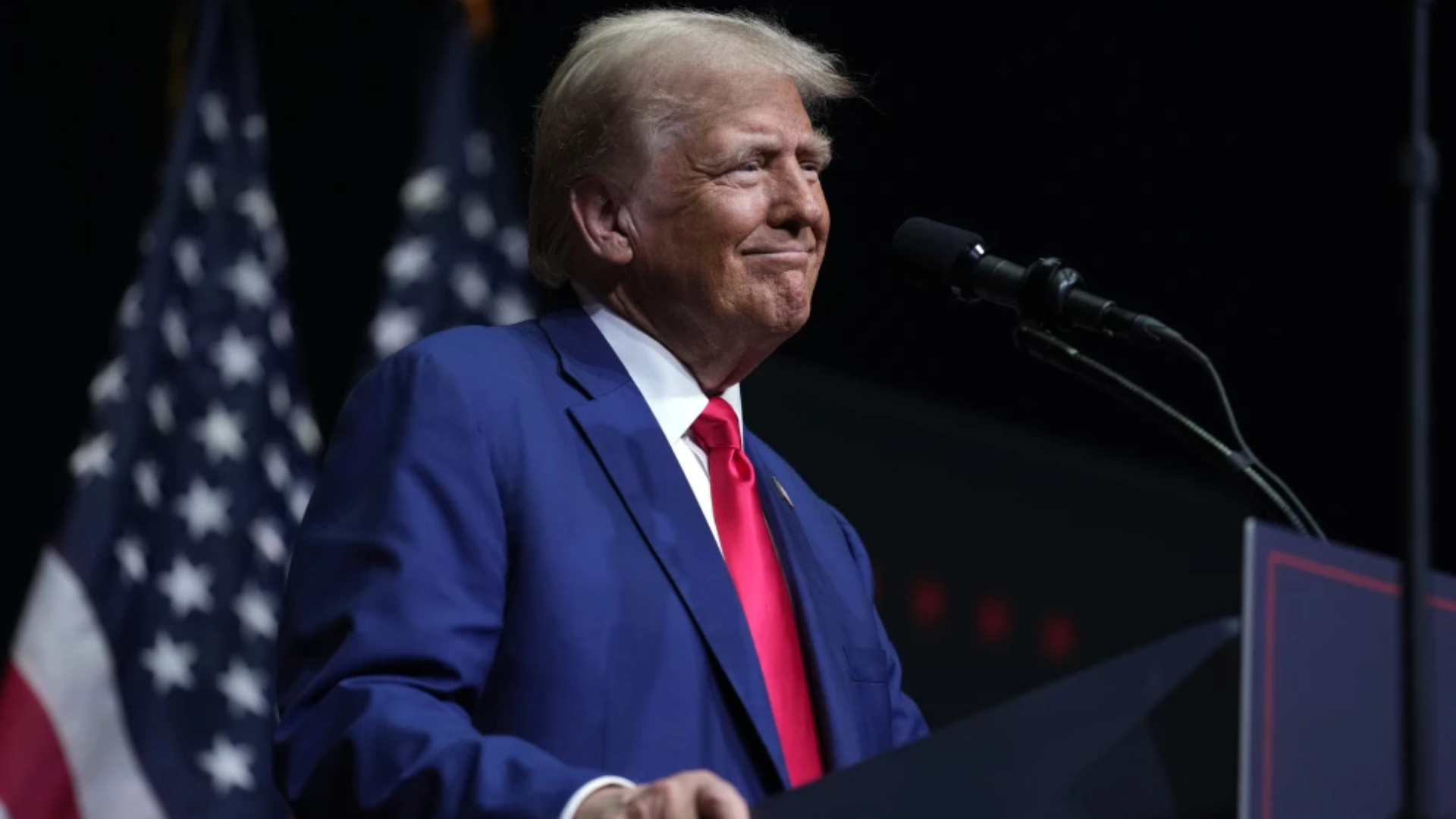Steve Burns
WMAL.com
WASHINGTON – (WMAL) Regional leaders at the Metropolitan Washington Council of Governments today are set to release a report detailing the importance of overhauling Metro’s funding structure if it is to survive. Calls to start up a dedicated funding source through some type of regional tax have been heating up recently, even as higher-up politicians seem lukewarm to the idea.
“I know it’s sort of a chicken-and-egg problem. We need money to get the ridership up,” Governor Larry Hogan recently told a business leaders forum. “We’ve got to see some real improvement before we commit to more money.”
Hogan took the most hard-line stance on increasing funding for Metro. His counterpart in Virginia, Terry McAuliffe, told reporters this month he was open to looking at establishing a tax to fund Metro if certain performance benchmarks were met. D.C. Mayor Muriel Bowser wanted to start talks on establishing those benchmarks as soon as possible.
In an op-ed in the Washington Post this week, Metropolitan Washington Council of Governments Chairman Roger Berliner said establishing a new funding scheme for Metro is the biggest challenge the region faces since Metro’s construction, but “failure is not an option.”
“If Metro does its part, I am guardedly optimistic that local elected officials, business leaders and organizations that have a huge stake in Metro’s future will be able to work together with the governors of Virginia and Maryland to secure passage of dedicated funding in 2018,” Berliner wrote.
Today, COG is releasing a report that outlines Metro’s value to the region and possible benchmarks that can be used as leaders look for evidence that the system is improving. It will also look at how much money the system would need over the long-term through a dedicated funding source.
Most other mass transit systems in the country use dedicated funding – a reliable source of income that comes every year from participating jurisdictions, usually in the form of a tax. Metro was established without the groundwork set for it. Instead, Metro’s leaders are forced to go hat-in-hand to state and county leaders each year, making the case for another annual payment.
At the same time, Metro is set to hold a press conference Wednesday outlining the next surge in the Safe Track program. Metro says it is the most disruptive surge of the entire 10-month program measured by passengers affected. The Red Line will be shut down between Fort Totten and NoMa for three and a half weeks starting this Saturday. Service elsewhere on the Red Line will also see significant reductions.
Copyright 2016 by WMAL.com. All Rights Reserved. (PHOTO: WMATA)






















